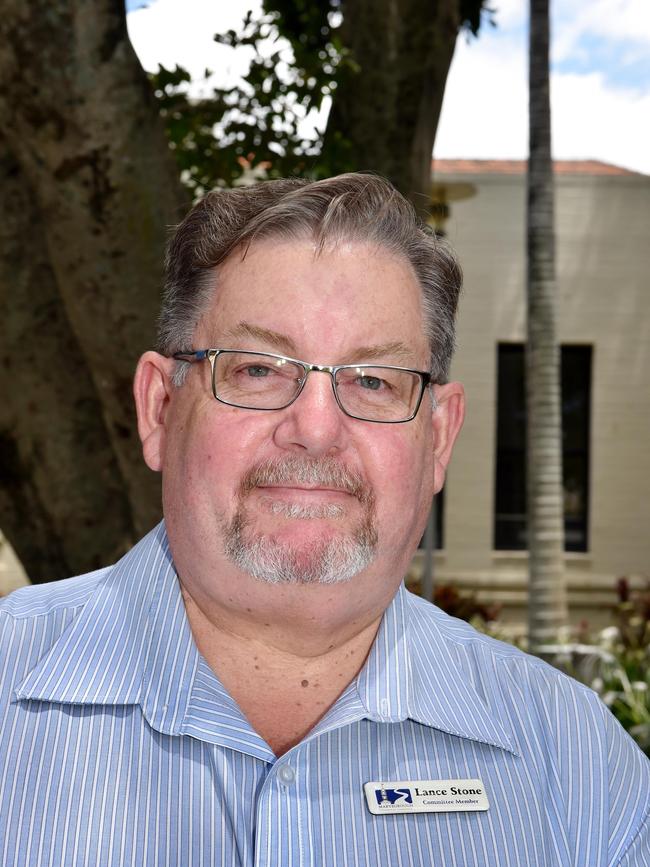Fraser Coast booms, but few put hand up to fill hundreds of jobs
The once job-starved Fraser Coast region is in the grips of an employment boom but one of the region’s top job-trainers says there’s simply not enough willing workers to skill up and/or fill the spots.
Fraser Coast
Don't miss out on the headlines from Fraser Coast. Followed categories will be added to My News.
The Fraser Coast is in the middle of a jobs boom but despite unviable unemployment rates, vacancies are proving near-impossible to fill.
From aged care, to hospitality and manufacturing, Seek alone currently lists more than 700 jobs available across the region.
But there is a shortage of people to fill them, with training organisations across the Fraser Coast crying out for people to connect with employers and fill the positions.
In December last year, the unemployment rate on the Fraser Coast was at 8.4 per cent.
Labour force data from the Australian Bureau of Statistic shows the unemployment rate in the Wide Bay in May, which incorporates the Fraser Coast council region, stood at 8.2 per cent.
This was more than double the national rate of 3.9 per cent.
Hervey Bay is also part of the Hinkler electorate which is subject to the Cashless Debit Card trial.
PRD Realty agent Tony Nioa said Maryborough was at the centre of a jobs bonanza, from the city’s new munitions factory, to the aged care development boom and big opportunities in the hospitality sector and the new train factory to be built at Torbanlea.
Even the closure of the Maryborough Sugar Mill had not impacted on the city in the way it might have in previous years, with other opportunities readily available for skilled workers or those willing to learn.
“Normally you would say we’ve always had one or two industries that have been doing okay and a couple would be struggling,” Mr Nioa said.

“This time, hardwood, softwood, metal fabrication, train building, everything is all going along so well.”
One new aged care centre in Tinana had employed 140 new staff members, Mr Nioa said.
“I think the fundamentals for Maryborough are very good.”
He said the region still faced the issues of water and power supply.
But Lance Stone from Maryborough’s TESS training centre said there was another significant issue impacting on the future of the region – the lack of jobseekers willing to sign up for jobs-training.
Coming out the other side of Covid, training centres in the region, including TESS, were now being hit with a new crisis with Mr Stone left to wonder where the region’s jobseekers were.
“We now have literally hundreds of job vacancies,” Mr Stone said.
“We’ve never had this opportunity to increase the wellbeing and financial health of so many people with the amount of jobs that are available.”
One employer had recently sought to fill 60 vacancies, Mr Stone said, but found no takers.

Mr Stone said among long-term unemployed, it could be a lack of confidence in having the skills needed to enter the workforce.
But that was why training centres such as TESS were available, he said.
He was “totally distraught” by the lack of jobseekers, especially since the training centre had managed to survive the pandemic, only to be faced by this latest challenge.
“We wanted to supply those trained and qualified staff,” Mr Stone said, adding that jobseekers could be assured that they would be supported and only put into positions when they were ready.
“We’re desperate to get those people in and get them trained.”
The current period, in which there were so many jobs, was exciting but tinged with frustration, he said.
The opportunity for people to move from outside the region and fill the positions was also limited given the tight housing market.
But, he said, eventually there would be in influx of overseas travellers who would take the jobs.
“Then there will be an outcry of people saying they’ve stolen our jobs,” Mr Stone said.
“They currently have a front-row seat.”
Hinkler MP Keith Pitt, who pushed to get the Cashless Debit Card introduced to his electorate, said it had been known for some time there was a reluctance from some people to take up work which is one of the reasons why the card had been “so positively supported in the electorate”.
The Cashless Debit Card is an income management program in which 80 per cent of the funds on the card are quarantined and cannot be used to purchase gambling products or alcohol.

“My view is well known: anyone that can work, should work, and right now there are more jobs than ever before,” Mr Pitt said.
“The Coalition Government implemented a range of programs to help people into work and an additional $4.7m was committed to addressing barriers to employment for Cashless Debit Card participants.
“The Labor Government has refused to say what will happen to the unallocated funding from the $30m Jobs Fund and Job Ready Package for Cashless Debit Card trial sites.”




